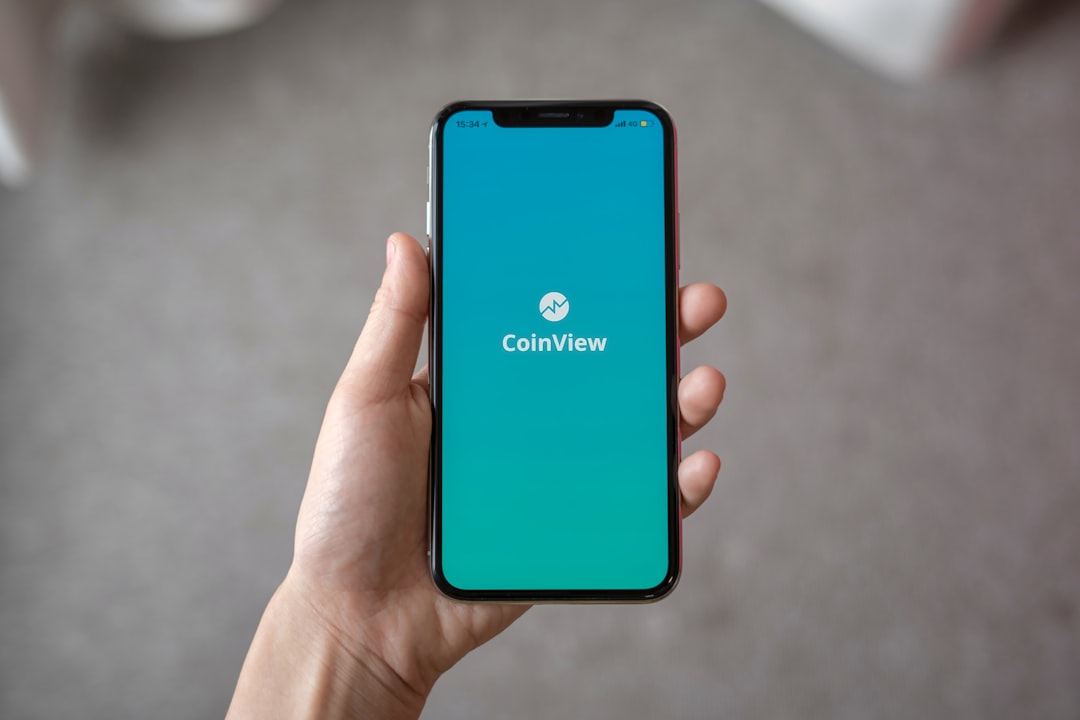California's "No Call" laws, rigorously enforced by the FTC and AG's Office, protect residents from intrusive telemarketing. Businesses found violating these regulations face severe fines up to $50,000 per violation. A No Call Attorney California specializes in these laws, guiding companies to comply, avoid penalties, and maintain customer trust through ethical telemarketing practices. Consumers can register on the Do Not Call List, while attorneys help navigate exemptions for non-profits, government agencies, and established relationships. Strategic compliance involves understanding regulations, implementing structured calling protocols, recording communications, training employees, offering clear opt-out options, and maintaining a database of preferred customers.
“In California, understanding and adhering to ‘No Call’ laws is essential for businesses aiming to maintain customer relationships and avoid legal pitfalls. This comprehensive guide equips Davis-based businesses with the knowledge to navigate these regulations effectively. We’ll explore who the laws affect, what calls are restricted, and how to stay compliant. From ensuring consumer rights to managing exemptions, this article is your go-to resource, even with the help of a No Call Attorney California, to demystify this critical aspect of doing business in the Golden State.”
Understanding California's No Call Laws: A Brief Overview

In California, “No Call” laws are designed to protect residents from unwanted phone solicitations and telemarketing calls. These regulations are strictly enforced by the Federal Trade Commission (FTC) and the California Attorney General’s Office. Businesses that violate these laws face significant fines and legal repercussions. The key aspects of California’s No Call Laws include restrictions on calling times, requirements for obtaining prior consent, and strict do-not-call lists.
A No Call Attorney California is a legal expert who specializes in navigating these regulations. Their role is to ensure that businesses comply with state and federal laws, thereby avoiding costly penalties and maintaining customer trust. These attorneys can provide guidance on how to structure marketing campaigns, manage consumer consent, and handle complaints related to telemarketing practices. Understanding and adhering to California’s No Call Laws are essential for businesses aiming to operate within legal boundaries and foster positive relationships with their customers.
Who Does the Law Apply To? Business and Consumer Perspective

In California, the “No Call” laws are designed to protect both businesses and consumers from unwanted telemarketing calls. These regulations primarily apply to telephone solicitations for sales or promotional purposes. Businesses engaging in direct marketing activities, especially those employing automated dialing systems or prerecorded messages, need to be mindful of these laws. A no call attorney in California can guide companies on navigating these rules, ensuring they respect consumer privacy and avoid potential legal repercussions.
From a business perspective, understanding the scope of the No Call Laws is crucial. It means that certain types of marketing calls are strictly regulated, and non-compliance can result in fines. Consumers have the right to register their numbers on the California Do Not Call List, restricting businesses from contacting them for sales or marketing. This law balances the need for companies to promote their products with the right of individuals to control their privacy and minimize intrusive calls.
What Types of Calls Are Restricted? Do-Not-Call List and Exemptions

In California, the “No Call” laws restrict various types of telemarketing and sales calls to residents’ home phones and mobile numbers. These restrictions aim to protect consumers from unwanted and intrusive marketing efforts. The laws specifically prohibit calls made to individuals who have registered their phone number on the state’s Do-Not-Call list. This list is a powerful tool for Californians to assert their privacy rights.
There are, however, exemptions to these rules. Non-profit organizations, certain government agencies, and businesses with an established business relationship with the recipient may still make calls. Additionally, calls placed for specific purposes like collection activities, automated messages for emergency or safety purposes, and calls made with prior written consent are exempt from the strictures of California’s No Call laws. A No Call Attorney California can provide guidance on navigating these exemptions and ensuring compliance with local regulations.
Legal Implications for Non-Compliance: Rights of Consumers and Penalties for Businesses

In California, non-compliance with the state’s “No Call” laws can have significant legal implications for businesses. These laws protect consumers from unwanted telephone solicitations and give them the right to seek legal remedies if their privacy is invaded. If a business continues to make calls despite being added to the Do Not Call list, it may face severe consequences. Consumers have the right to file complaints with the California Attorney General’s office, which can lead to investigations and fines against the offending companies.
Penalties for violating these regulations include substantial monetary fines, up to $50,000 per violation, as well as potential legal action taken by affected consumers. A No Call Attorney California can help businesses navigate these complex laws, ensuring compliance and protecting them from costly legal repercussions. By understanding and adhering to the consumer’s rights under these laws, businesses can foster trust and maintain a positive reputation in the state of California.
Navigating the Process: Tips for Businesses to Stay Compliant and Engage Customers Effectively

Navigating the process of complying with California’s no call laws involves understanding key strategies to engage customers effectively while avoiding legal pitfalls. Businesses should first familiarize themselves with the regulations, which restrict unsolicited phone marketing and sales calls. Hiring a No Call Attorney California can provide expert guidance on these complex rules, ensuring your business stays compliant.
To effectively manage customer interactions, implement structured calling protocols, and record all communications. Training employees on consent management and data protection is crucial. Additionally, offering opt-out options clearly during initial contact allows customers to choose against future calls. Building a robust database of preferred contacts and maintaining accurate records can significantly reduce the risk of accidental violations.






